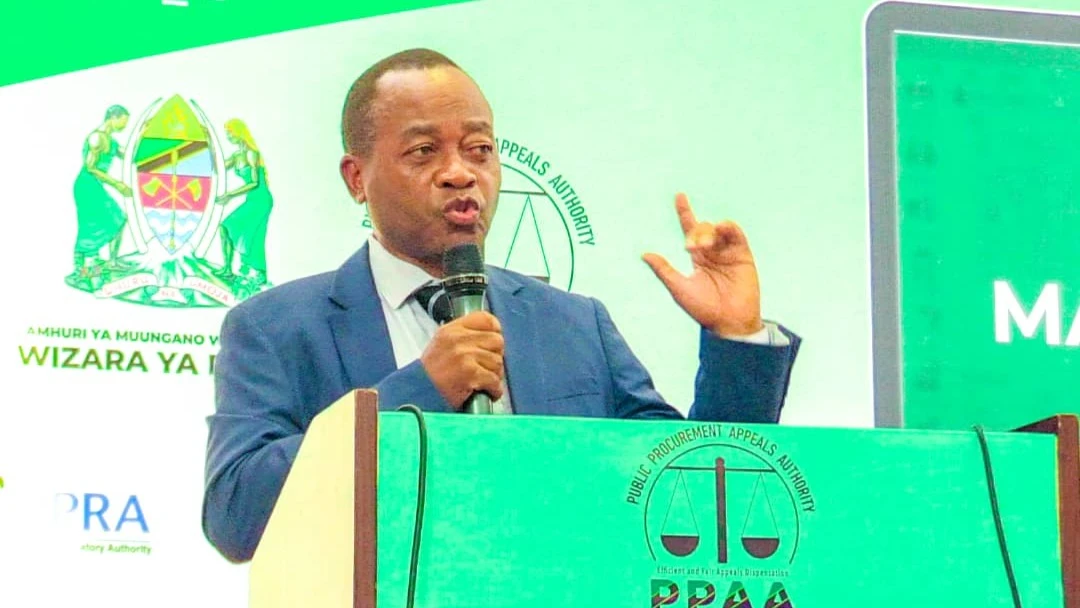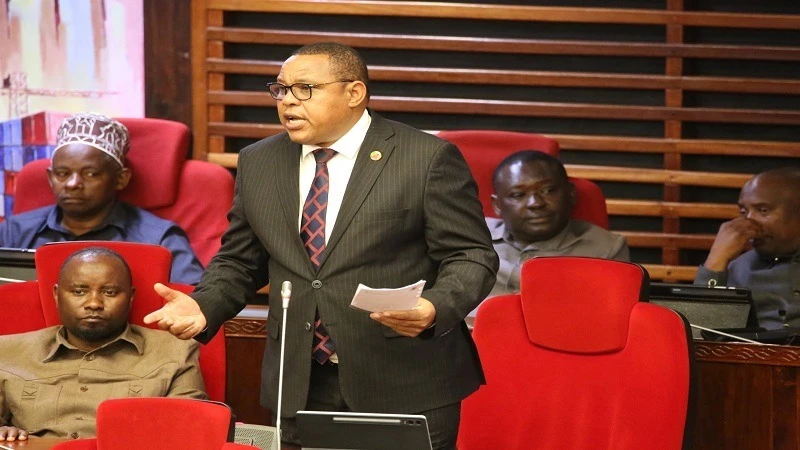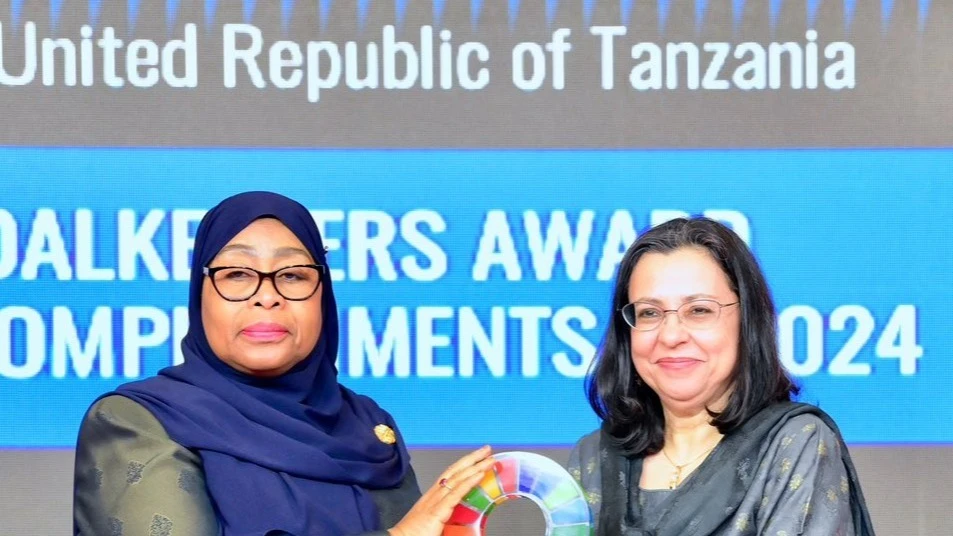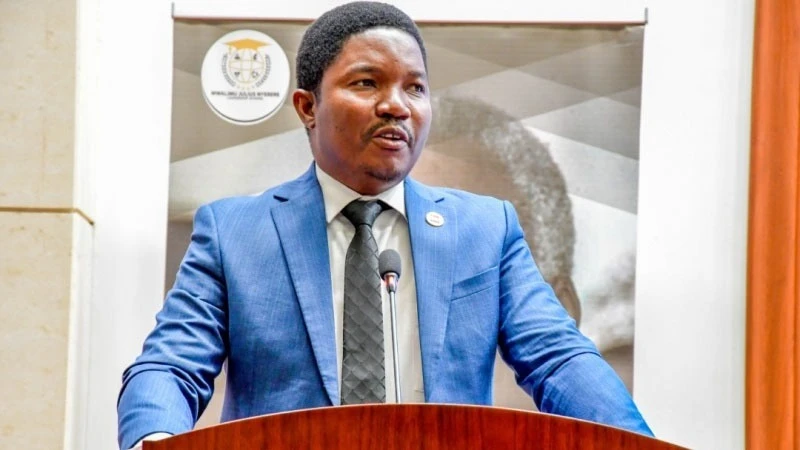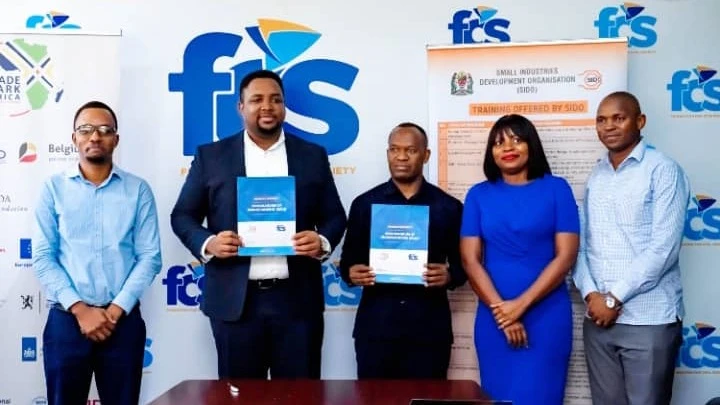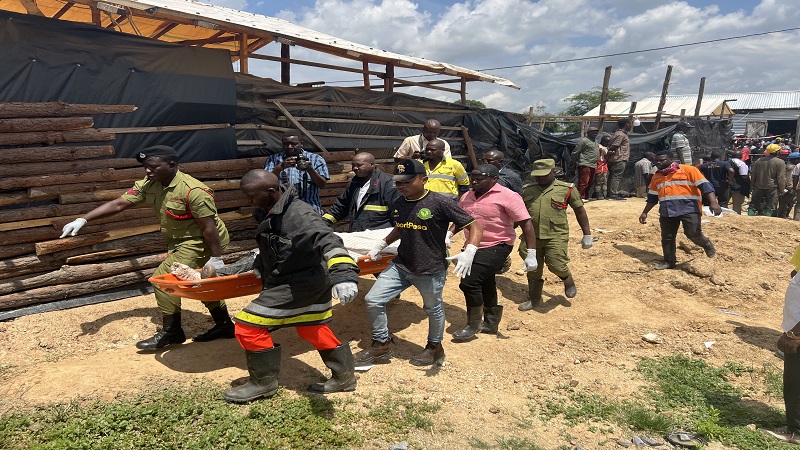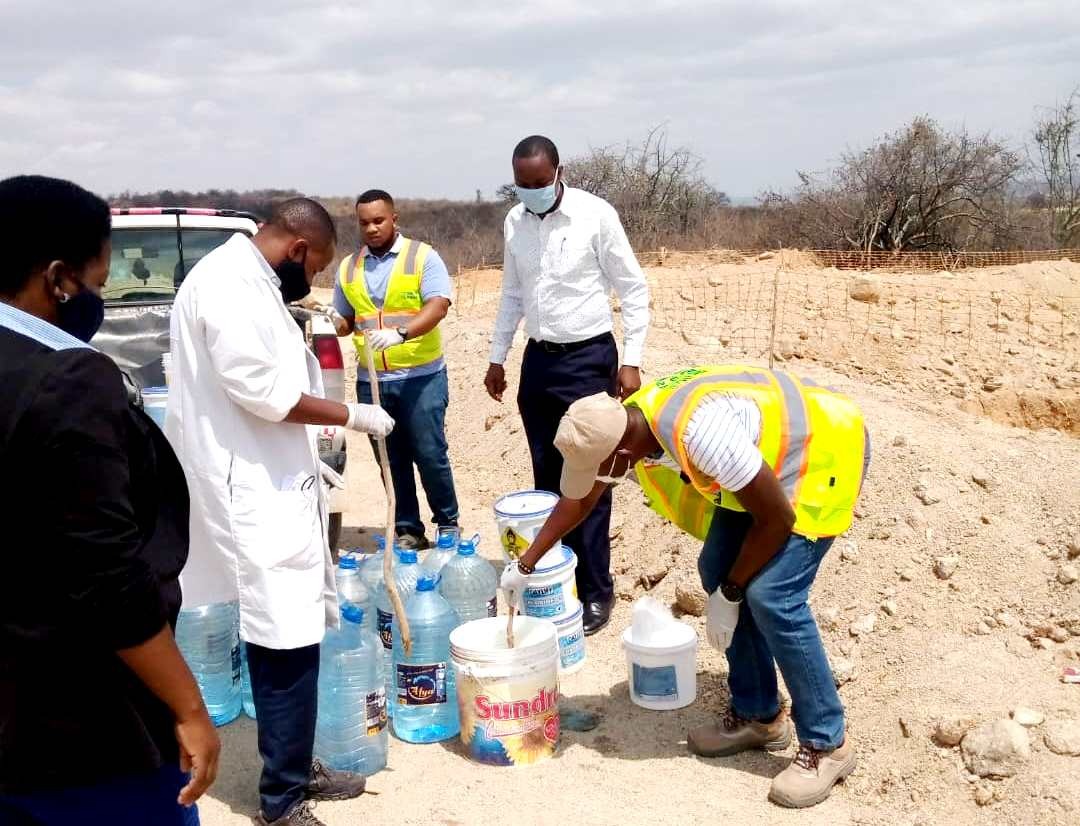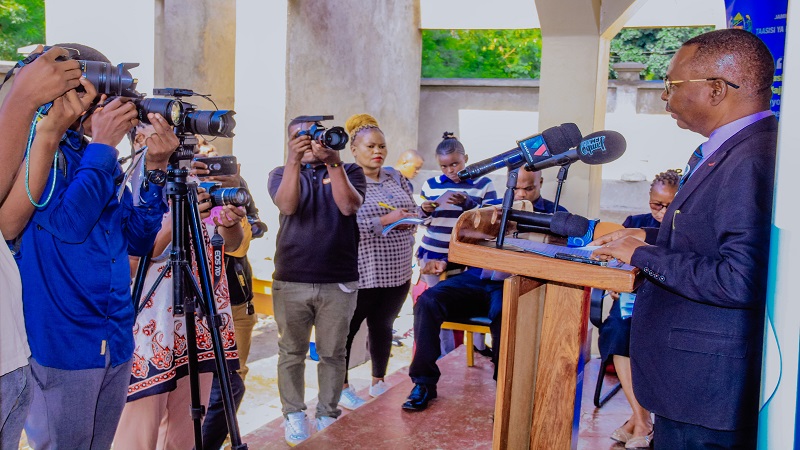Illicit financial flows destroying African countries says FIC boss
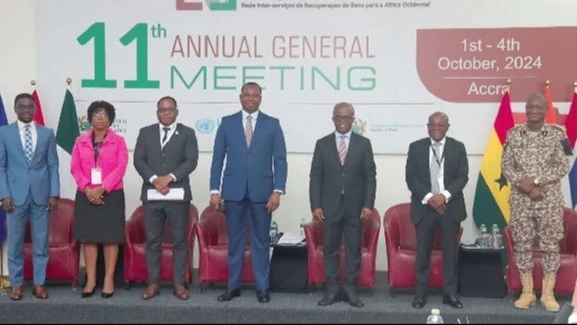
Africa loses about 3.7 per cent of its gross domestic product (GDP) annually to illicit financial flows, the Chief Executive Officer (CEO) of the Financial Intelligence Centre (FIC), Kweku Duah, has revealed.
Such a phenomenon, he said, had negatively affected the economies of African countries.
He, therefore, called on law enforcement agencies on the continent to deepen their collaborations to ensure that criminals did not profit from nefarious activities such as corruption, fraud, money laundering and drug trafficking.
“There is the need for us to come together to stop criminals in their tracks. This is important to help take profit out of crime,” he said.
Duah was speaking at the 11th Annual General Meeting (AGM) of the Asset Recovery Inter-Agency for West Africa (ARINWA) in Accra.
The ARINWA, formed in Accra more than a decade ago, is a network of law enforcement agencies, assets recovery agencies, state prosecutors and other stakeholders from West Africa, focused on working together to curb illicit financial flows.
The four-day AGM includes an array of activities such as capacity-building workshops, discussions on activities of the network, as well as the election of a new President and the selection of a host city for the 12th AGM.
Duah stressed the importance of asset recovery by law enforcement agencies in the fight against illicit financial flows to serve as a disincentive for people engaged in criminal activities.
“Asset recovery is the legal process of identification, freezing, confiscating and repurposing assets obtained through unlawful activities,” he said.
Using Ghana as an example, he explained that the country had a policy that had embedded assets recovery in the criminal justice system to ensure that people did not enjoy the proceeds of crime.
“The policy not only disrupts criminal enterprises but also serves as a mechanism for restoring public funds which, ordinarily, would have been lost through various acts of financial malfeasance,” he added.
A Deputy Minister of Finance, Dr Stephen Amoah, underscored the importance of curbing illicit financial flows to protect the integrity of the financial system while helping governments to get access to the necessary resources for development.
“Illicit Financial Flows remain a crucial impediment to Africa’s ambition for development, reduce foreign exchange, stifle trade and microeconomic stability while worsening poverty and inequality,” he said.
To address the challenge, he said the country had strengthened its legal framework such as the passage of the anti-money laundering law, and the new Companies Act, while implementing many initiatives to ensure greater transparency and accountability.
“Moreover, our Financial Intelligence Centre is focused on working with all relevant internal and external stakeholders to support efforts to trace, freeze and recover stolen assets. Ghana is further committed to the automatic exchange of information to tackle tax evasion and other financial crimes,” he added.
Dr Amoah stated that one of the biggest financial crimes also facing African countries which needed urgent attention was tax evasion; he, therefore, called on the public to help authorities bring to book those who engaged in such crimes.
He further called on African countries to further deepen their laws and systems to ensure that their jurisdictions did not become safe havens for criminals who engaged in financial crimes.
For his part, the President of ARINWA, Dr Jacinto do Canto, said the network had made tremendous strides since its establishment to combat financial crimes.
He mentioned some of the milestones as assisting 11 countries in the sub-region to enact laws creating assets recovery agencies, creating a secure platform for the exchange of information and creating a platform for countries to successfully engage in combating illicit financial flows.
Top Headlines
© 2025 IPPMEDIA.COM. ALL RIGHTS RESERVED














